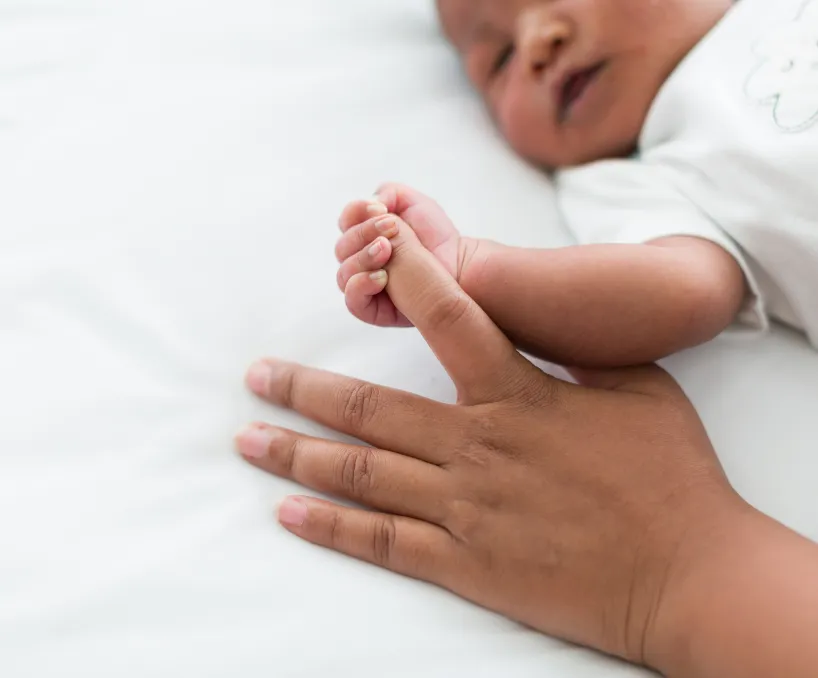OUR WORK
We provide free doula support and childbirth education to women and gender diverse birthing people experiencing disadvantage across greater Melbourne, Australia.
Our purpose
To improve the maternal and sexual reproductive health system and reduce the barriers associated with systemic disadvantage and discrimination during pregnancy, birth, early parenting and abortions.
We do this by making free universal community-based doula support available in Melbourne and surrounds, to women and gender diverse people experiencing financial hardship and systemic discrimination and disadvantage.
Our work
Since 2014, Birth for Humankind have been pioneering the delivery of community-based doula support for people experiencing disadvantage in Victoria. We provide support that is person-centred, trauma-informed and culturally sensitive. This tailored ongoing one-to-one complements and enhances clinical maternity care. This support facilitates informed decision-making, positive birth outcomes and experiences, as well as increased confidence and resources in the postnatal period.
Experiences of discrimination, limited accessibility to appropriate information, difficulty accessing interpreters, inability to access continuity of care and lower familial or emotional supports are just some of the factors that can affect maternal health outcomes in Australia.
Our programs and services include:
- Doula support – Our team of highly-skilled birth and postnatal support professionals (volunteer doulas) provide free and continuous personal, physical and emotional support – delivering more than 200 services per year.
- Doula training – Through our doula training program, we are building a culturally diverse, lived experience workforce who are skilled in providing trauma-informed perinatal support. In doing so we are contributing to improving equity in pregnancy choices and care.
- Education – We provide multi-language, accessible childbirth education resources to help people prepare for pregnancy, birth and early parenting.
- Research and advocacy – We use and share programmatic evidence and contribute to partnerships, research and advocacy, to promote systemic change and improved maternal health equity.
support more families
Your contribution will positively impact the lives of parents and children, addressing health disparities. Donations over $2 are tax deductible.
Who we support
Our clients are experiencing economic disadvantage, but also face other intersectional disadvantages and a range of barriers to accessing equitable care.
We support people who are/have:
- Aboriginal and/or Torres Strait Islander
- Refugee background or seeking asylum
- Newly arrived migrants (within 5 years)
- Experiencing or at risk of homelessness
- Previous or current experience of mental health concerns
- Experience of alcohol or drug misuse
- Experience of trauma
- Experience of abuse
- Experience of family violence
- Under 25 years of age
- LGBTQIA+
- Living with a disability
- Lacking a birth support person
Many of the people we support have diverse cultural backgrounds and speak various languages. We have a number of bicultural/bilingual doulas and can also help facilitate interpreter support at appointments, where possible.

Our approach to gender inclusivity
At Birth for Humankind, we provide safe, compassionate and personalised support to all people who use our service. We know that transgender, non-binary and gender diverse people face unique barriers and experiences of disadvantage when pregnant, birthing, parenting or having an abortion.
Our language and organisational practices aim to include all gender diverse birthing people. We are committed to actively listening to the wider transgender, non-binary and gender diverse community as well as those using our services, and will continually re-evaluate our practices whenever necessary.
We commonly refer to ‘women and gender diverse birthing people’ because as we recognise that most of our clients identify as women, but not all. When working with clients or telling their stories, we will always use appropriate person-centred language. When referring to external aspects of our work that uses gendered language, we use current terminology (for example, the ‘maternal healthcare system’ or ‘women’s health’) but apply our gender-inclusive principles. While we prioritise using gender affirming language, we also acknowledge the importance of sexed language and sex-specific clinical care, in ensuring the best possible clinical care for women and other people who were assigned female at birth.
